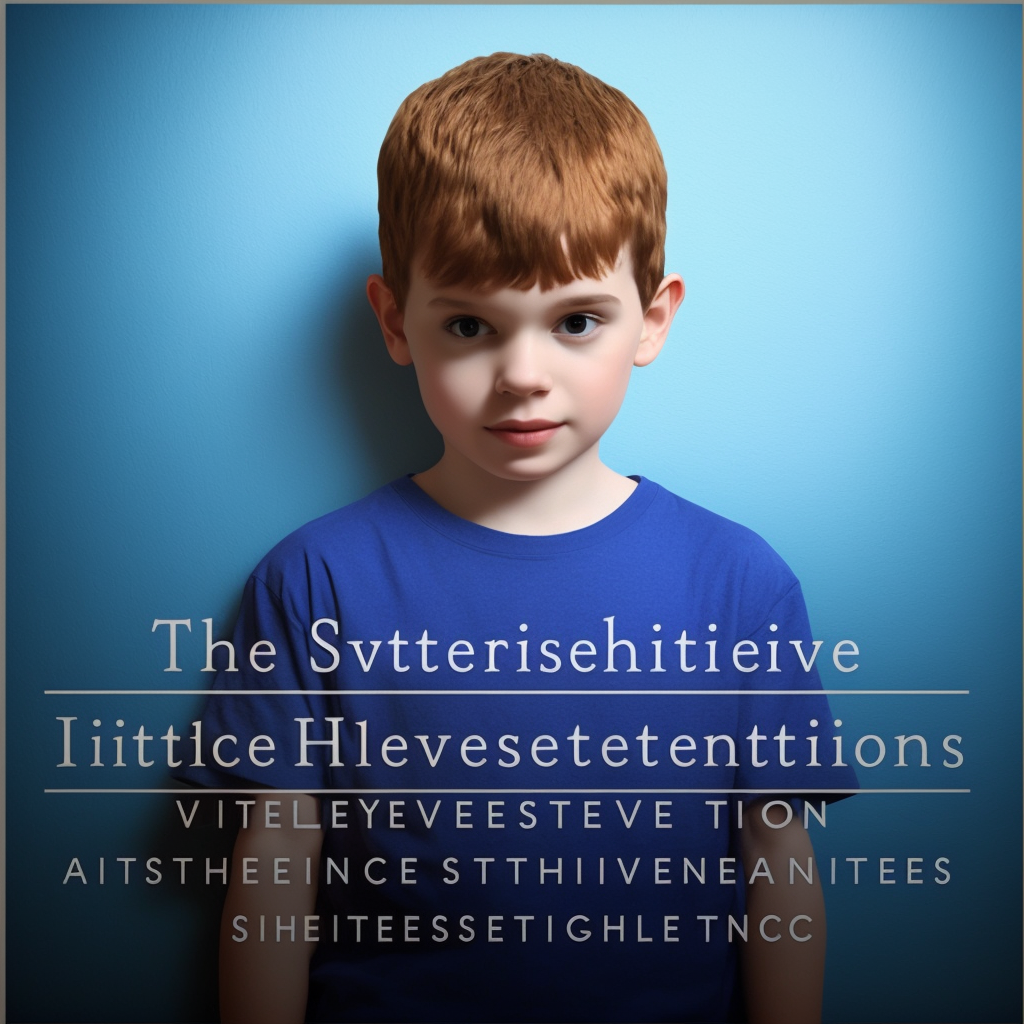Autism and Sleep: What You Need to Know

Autism spectrum disorder (ASD) is a developmental condition that can cause significant social, communication, and behavioral challenges. In addition, people with ASD may also have difficulty sleeping. Sleep problems are one of the most common co-occurring conditions in ASD.
There are many reasons why people with ASD may have trouble sleeping. Some of these reasons include the following:
Sensory sensitivities: People with ASD may be sensitive to light, noise, touch, or other sensory inputs. This can make it difficult for them to wind down and relax at bedtime.
Irregular sleep-wake cycles: People with ASD may have irregular sleep-wake cycles. This means they may go to bed and wake up at different times each day.
Anxiety and stress: People with ASD may experience anxiety and stress, making falling or staying asleep difficult.
Medication side effects: Some medications used to treat ASD can have side effects that can interfere with sleep.
If you have a child or loved one with ASD who is having trouble sleeping, there are many things you can do to help. Here are a few tips:
Establish a regular bedtime routine: It can help signal your child’s body that it’s time to wind down and go to sleep. This routine might include bathing, reading a story, or singing a lullaby.
Create a relaxing bedtime environment: Ensure your child’s bedroom is dark, quiet, and relaxed. You may also want to use a white noise machine or fan to help block out any distracting noises.
Avoid caffeine and sugar before bed: Caffeine and sugar can interfere with sleep. So avoid giving your child these substances in the hours leading up to bedtime.
Get regular exercise: Exercise can help to improve sleep quality. However, avoid exercising too close to bedtime, as this can make it difficult to fall asleep.
Limit screen time before bed: Screen light can interfere with sleep. Avoid letting your child use electronic devices the hour before bedtime.
See a doctor if necessary: If your child’s sleep problems are severe or are not improving with home remedies, talk to your doctor. There may be an underlying medical condition that is causing sleep problems.
Getting a good night’s sleep is essential for everyone, but it’s significant for people with ASD. When people with ASD don’t get enough sleep, they may experience many problems, including:
Behavioral problems: Lack of sleep can lead to increased irritability, aggression, and tantrums.
Learning problems: Lack of sleep can make it difficult for people with ASD to focus and learn.
Health problems: Lack of sleep can increase the risk of obesity, heart disease, and diabetes.
Following the tips above, you can help your child or loved one with ASD get the sleep they need to thrive.
Discover more from Living with Autism
Subscribe to get the latest posts sent to your email.



1 Response
[…] is a repetitive behavior that people with autism may do to help regulate their emotions and sensory input. Stimming can be anything from rocking back and forth, flapping their arms, or chewing on their […]